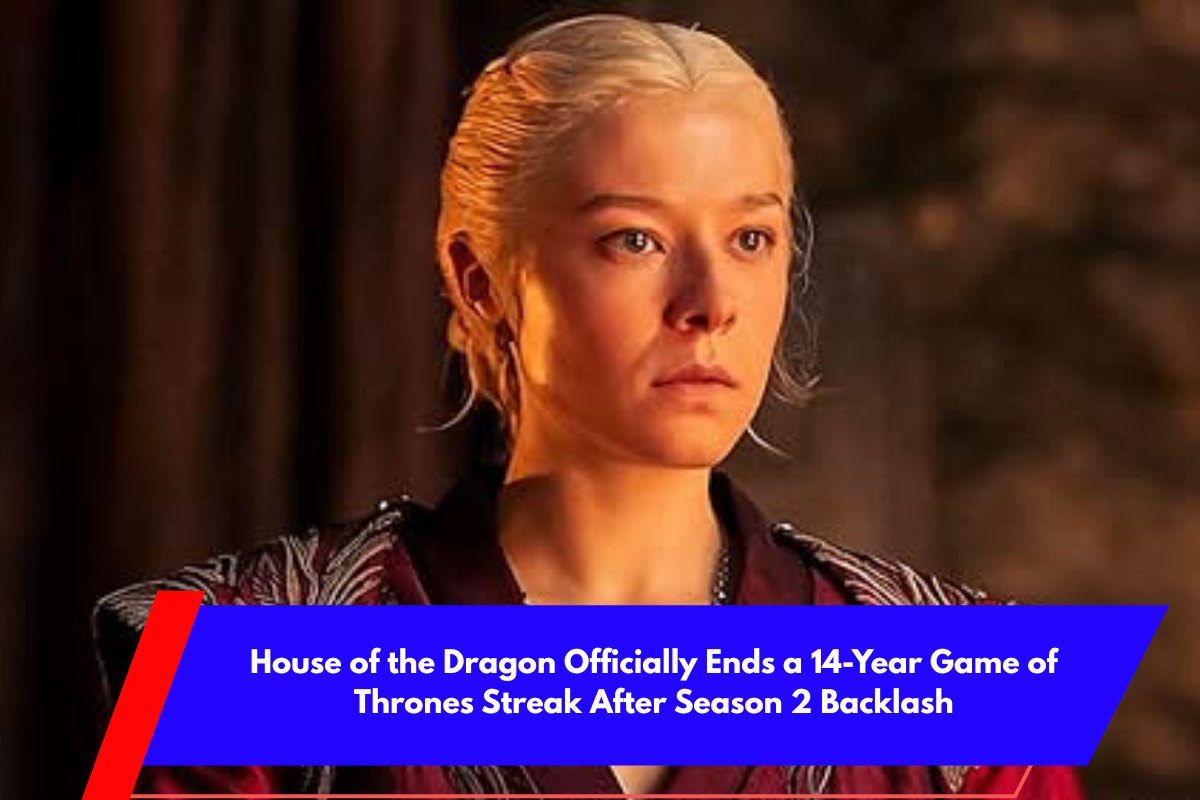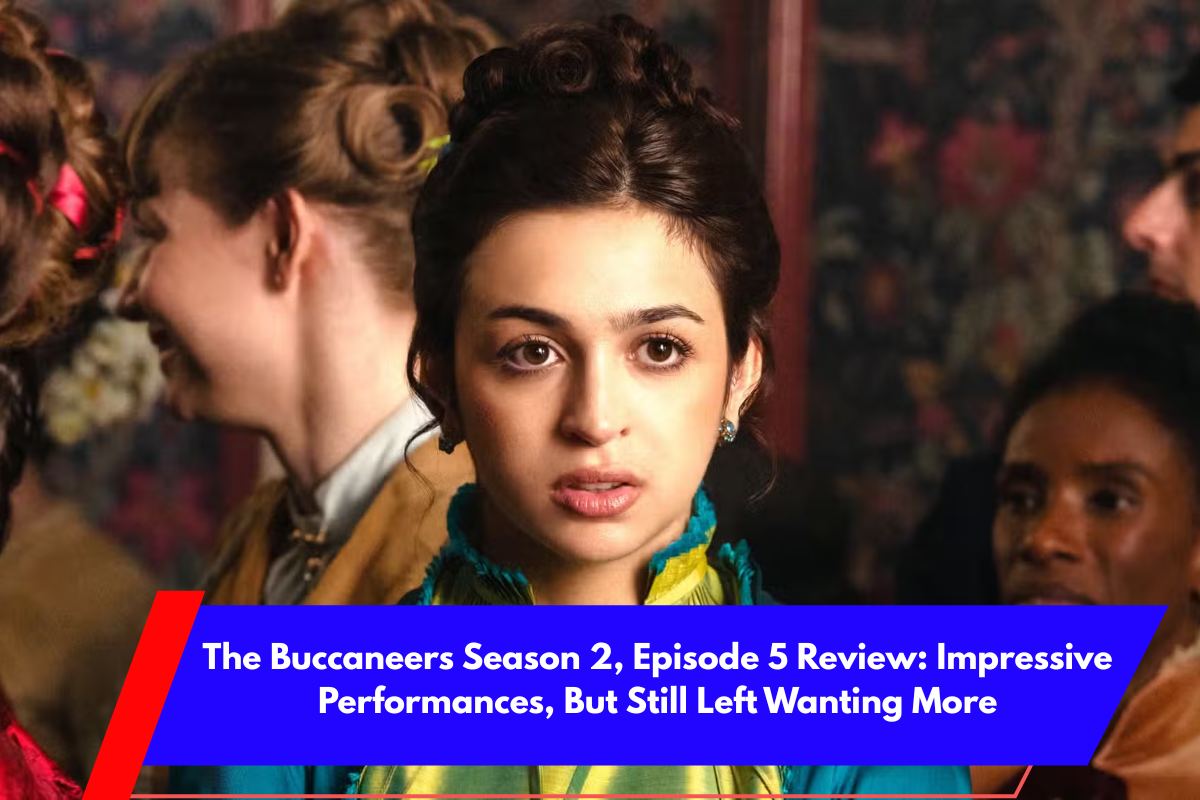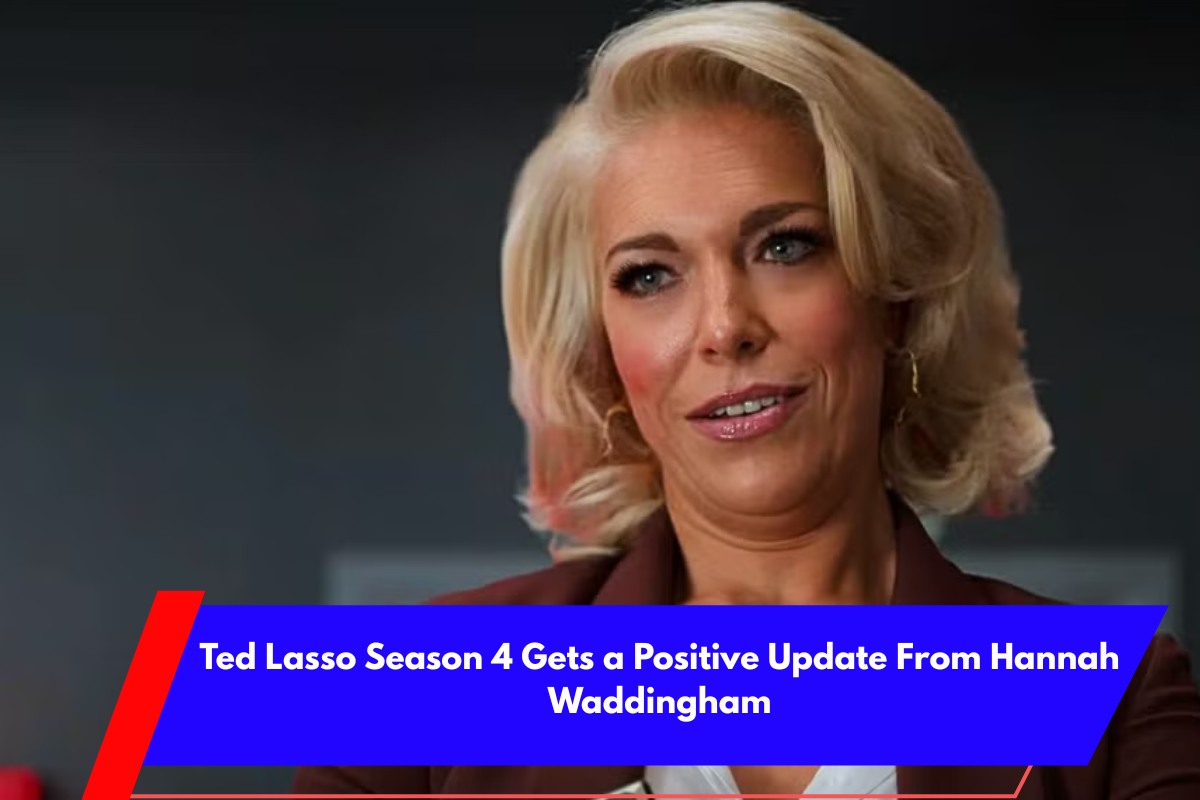Lena Dunham’s highly anticipated return to television, Too Much, is a rom-com that brings her distinctive voice back to the screen. Known for her work on Girls, Dunham’s new series stars Megan Stalter and Will Sharpe as Jessica and Felix, characters who are loosely based on Dunham and her husband, Luis Felber, who co-created the show.
Throughout the season, Jessica embarks on a journey to London, aiming for the expat adventure of a lifetime, but as expected, things don’t go as planned. This series offers a mix of humor, romance, and a touch of magical realism, with Dunham’s mature perspective shining through every episode.
A More Evolved Lena Dunham
Too Much isn’t just about romance; it’s a reflection of Dunham’s growth as a writer. Unlike Girls, which focused on the growing pains of privileged coming-of-age, Too Much is a love story that doesn’t shy away from its sentimental roots.
While the series plays with the conventions of romantic comedies, it never pretends to be anything other than a heartfelt exploration of love and self-discovery. For those who enjoyed Dunham’s earlier work, this series shows a more evolved and mature perspective, with an emphasis on finding someone whose imperfections complement yours.
The show’s debut episode, “Nonsense & Sensibility,” felt a bit weak compared to later episodes, but this is forgivable as it sets up the story.
Jessica’s journey toward self-love and a better understanding of her worth takes time to unfold, and the early episode does important groundwork. As the season progresses, the stakes rise, and Jessica’s character matures into someone we can root for as she navigates love, heartbreak, and self-worth.
A Love Story with Imperfect Characters
One of the standout aspects of Too Much is its portrayal of messy, imperfect characters. Jessica, portrayed by Megan Stalter, may seem like an unlikely romantic lead at first, but as we get to know her, we see her growth.
Stalter’s background in stand-up comedy is evident, and her chemistry with Will Sharpe, who plays Felix, is undeniable. However, there are moments where Stalter struggles to fully convey the emotional depth of Jessica’s character, especially during dramatic scenes. While the humor remains intact, there’s a bit of a disconnect in some of the show’s more emotional moments.
Felix, on the other hand, is a character crafted with more layers, thanks to Sharpe’s brilliant performance. Initially mysterious and handsome, Felix’s true complexity is revealed as the show progresses, and he becomes just as important to Jessica’s journey as she is to his.
The series doesn’t fall into the trap of having him serve merely as a love interest; instead, he is as messy and complicated as Jessica, creating a dynamic that feels more authentic.
The Mid-Season Highlight: Episode 5 “Pink Valentine”
As the season hits its midpoint, Too Much begins to shine with Episode 5, “Pink Valentine.” This episode feels like the emotional turning point of the series, offering a fresh take on the familiar storyline of a relationship’s slow decline.
It’s a challenge to make this type of story feel new, but Dunham does so by allowing the viewer to understand Jessica’s need for a happy ending. By this point, Jessica has already endured the worst of her life, and “Pink Valentine” opens up the possibility for redemption and hope, showing that even the messiest characters deserve a happy ending.
Michael Zegen’s portrayal of Zev, the bad boyfriend, also deserves a mention. Zegen brings his usual skill to this role, making Zev one of the most heartbreakingly real characters in the series.
His biting words to Jessica are tough to hear, but they create the emotional weight needed for Jessica to learn and grow. The pain of heartbreak is never glossed over, and this makes the potential for a future happy ending that much more meaningful.
Lena Dunham’s Return to the Spotlight
If you’re someone who’s not a fan of rom-coms or imperfect female characters, Too Much may not be for you. However, for those who appreciate stories about growth, love, and messy characters, the show hits home.
Dunham’s return to the small screen feels like a blend of self-assurance and growth. She takes the criticisms of her past work and uses them to create a more hopeful narrative, one that reminds us of the value of embracing our flaws.
While there are some moments where the show’s messages are a little too on-the-nose, especially in Jessica’s monologues about being too much, the overall sentiment rings true.
The show is a love letter to imperfect women, and Jessica’s journey is a reminder that our messiness is part of what makes us unique and deserving of love. While Too Much doesn’t shy away from the complexities of romance, it celebrates the idea that love isn’t about finding perfection — it’s about finding someone whose flaws fit with your own.













